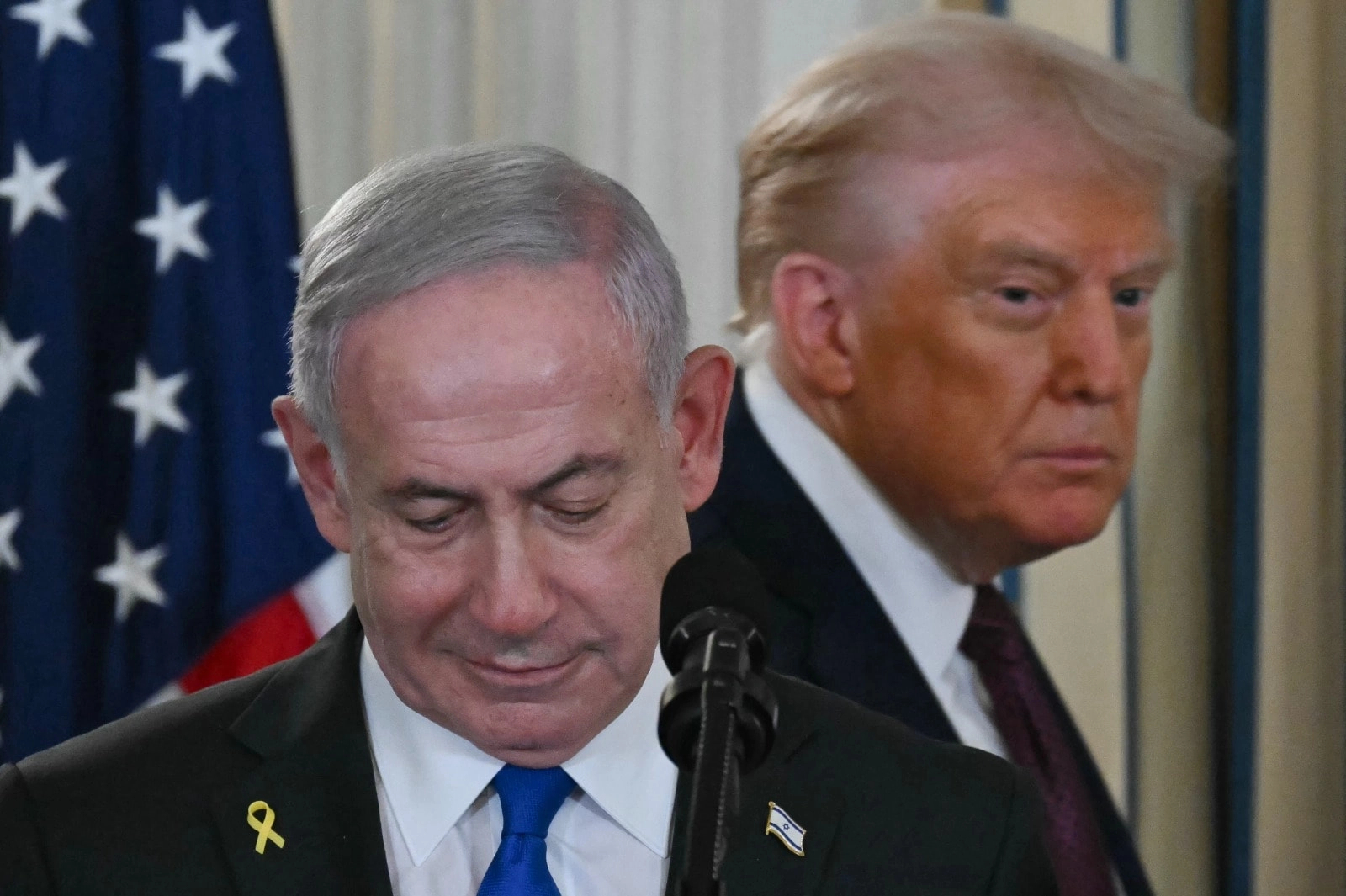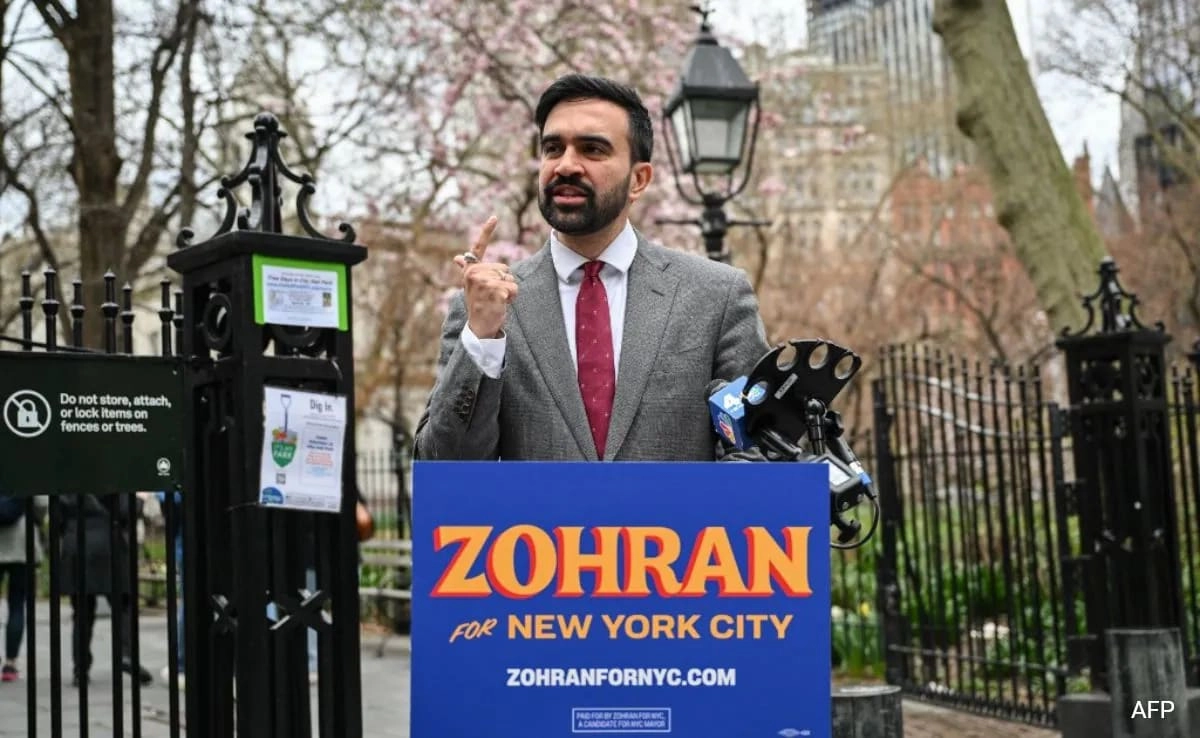In a recent development, former President Donald Trump announced an eight-day suspension of tariffs on goods imported from the European Union. This decision has sparked conversations about trade relations and the complexities of international economics. The temporary tariff breather is seen as a strategic move to ease tensions between the U.S. and the EU, which have faced ongoing disputes over trade policies and tariffs in recent years. Trump’s administration had previously implemented significant tariffs on European goods, aiming to protect American industries and reduce trade deficits. However, this latest decision reflects a nuanced approach to diplomacy, allowing for a potential reset in relations.
The implications of this tariff pause extend beyond immediate economic relief. By temporarily halting these tariffs, Trump aims to foster goodwill and encourage negotiations on broader trade agreements. This gesture could pave the way for more constructive dialogues regarding outstanding issues, such as subsidies for aerospace giants like Boeing and Airbus, and digital services taxes that have drawn ire from U.S. companies. The hope is that by demonstrating a willingness to compromise, both sides can work towards a more balanced and equitable trading environment.
Moreover, Trump’s statement, “My privilege to do so,” underscores a sense of ownership over his trade policies, highlighting his belief in the power of presidential authority to influence international relations. This mindset reflects a broader narrative that characterizes his approach to governance—one that emphasizes America’s interests while navigating complex global dynamics. As the world watches how this temporary respite plays out, it remains to be seen whether it will lead to lasting improvements in U.S.-EU relations or simply serve as a short-term fix to a deeper, more entrenched economic rift. The ongoing dialogue and negotiations that emerge from this tariff suspension will be critical in shaping the future of transatlantic relations.




